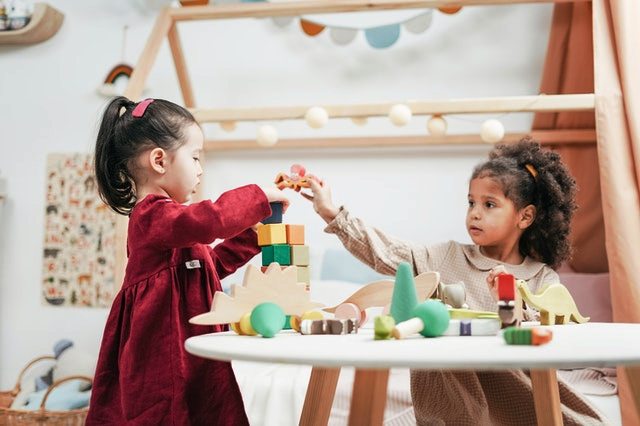In the evolving landscape of family structures, the debate between joint and nuclear families often surfaces, especially when discussing parenting dynamics. Each family structure comes with its own set of advantages and challenges, influencing the upbringing of children in unique ways. Understanding these differences can help parents make informed decisions about the best environment for their children’s growth and development.

Joint Family: The Traditional Collective
A joint family typically consists of multiple generations living under one roof, including grandparents, parents, uncles, aunts, and cousins. This structure has been prevalent in many cultures for centuries, fostering a sense of unity and shared responsibility.
Advantages:
- Shared Responsibilities:
- In a joint family, parenting duties are shared among multiple adults. Grandparents and extended family members often contribute to child-rearing, providing support and reducing the burden on individual parents.
- Rich Cultural Transmission:
- Children in joint families are exposed to diverse traditions, languages, and cultural practices. This environment promotes a deeper understanding of heritage and family values.
- Emotional Support:
- A larger family unit offers a robust emotional support system. Children benefit from the presence of multiple caregivers, ensuring they always have someone to turn to for advice and comfort.
- Social Skills:
- Living with a large group helps children develop strong social skills early on. They learn to share, communicate, and cooperate with a variety of family members.
Challenges:
- Lack of Privacy:
- With many people living together, privacy can be a significant issue. Parents and children might find it challenging to have personal space and time.
- Conflict Resolution:
- Differing opinions and parenting styles among family members can lead to conflicts. Resolving these disputes requires effective communication and compromise.
- Individual Attention:
- With many children to care for, individual attention might be diluted. Parents need to ensure that each child’s unique needs are met without favoritism.
Nuclear Family: The Modern Unit
A nuclear family comprises parents and their children, living independently from the extended family. This structure has gained popularity in recent decades, particularly in urban settings.
Advantages:
- Privacy and Independence:
- Nuclear families enjoy greater privacy and autonomy. Parents have more control over their household and parenting decisions without external interference.
- Focused Parenting:
- Parents in a nuclear family can focus their attention and resources on their children, tailoring their parenting approach to suit each child’s specific needs.
- Stronger Parent-Child Bond:
- With fewer people in the household, the parent-child bond can be stronger. Parents spend more one-on-one time with their children, fostering closer relationships.
- Flexibility:
- Nuclear families often have greater flexibility in making lifestyle choices, such as relocating for job opportunities or adopting new routines that suit their family dynamics.
Challenges:
- Limited Support System:
- The absence of extended family means parents must handle all responsibilities themselves. This can be overwhelming, especially for new or single parents.
- Isolation:
- Without the extended family nearby, children may miss out on the enriched social interactions and cultural experiences that joint families provide.
- Pressure on Parents:
- Parents in nuclear families may experience more pressure to balance work and family life. The lack of shared responsibilities can lead to stress and burnout.
- Lack of Role Models:
- Children in nuclear families might have fewer role models to look up to within the household. Ensuring they have access to positive influences outside the home becomes crucial.
Finding a Balance
Both joint and nuclear families offer distinct benefits and face unique challenges. The key to successful parenting in either structure lies in leveraging the strengths and mitigating the weaknesses of each model.
- For Joint Families:
- Establish clear communication channels to resolve conflicts amicably.
- Ensure each child receives individual attention and care.
- Encourage a balance between family time and personal space for all members.
- For Nuclear Families:
- Build a strong external support network of friends, neighbors, and community resources.
- Foster cultural connections and traditions through regular visits to extended family or community events.
- Prioritize self-care and seek help when needed to avoid parental burnout.
Ultimately, the best family structure is one that provides a loving, supportive, and nurturing environment for children to thrive. Whether in a bustling joint family or a cozy nuclear home, effective parenting is about creating a positive atmosphere where children feel valued, understood, and loved.
MORE POSTS: Handling School Stress: Tips for Parents and Kids



